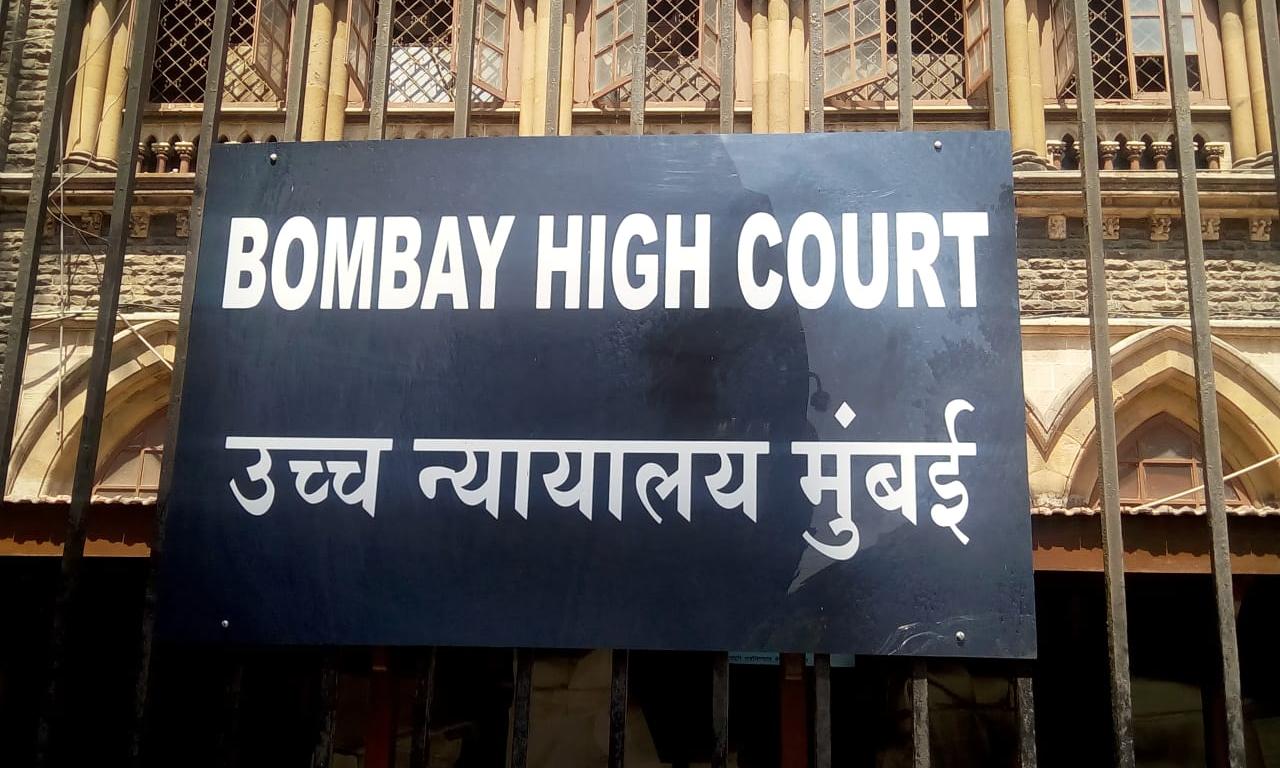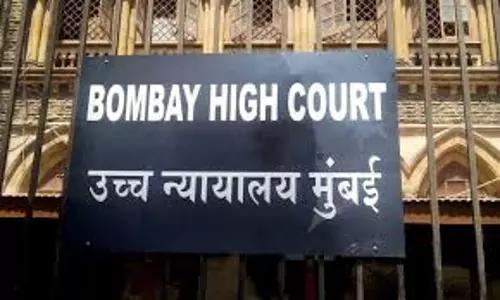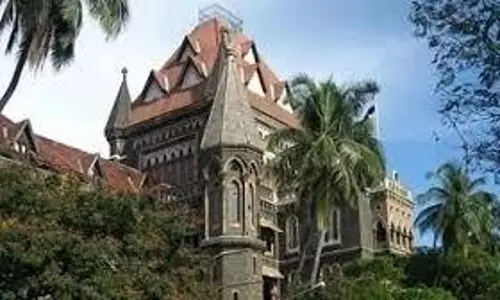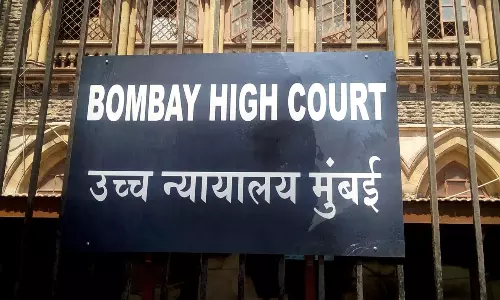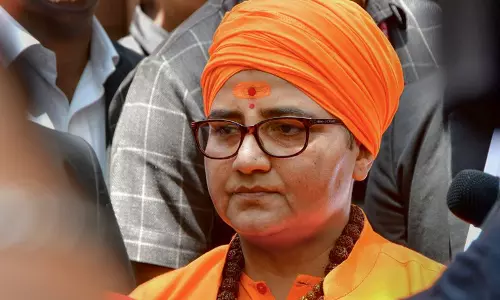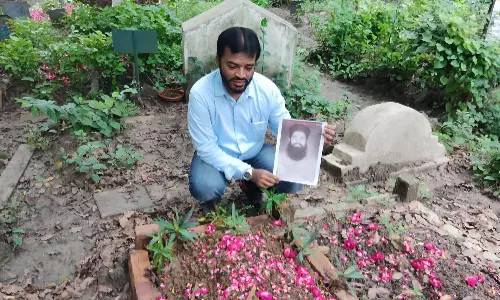
Bombay High Court highlights state's duty for affordable education
text_fieldsMumbai: The Bombay High Court has highlighted that while education is traditionally regarded as sacred in Indian culture, it has now become unaffordable.
The court expressed these views while rejecting pleas to quash decisions made by the Maharashtra government to permit two organizations to establish educational institutions in Pune.
A bench comprising Justices A S Chandurkar and Jitendra Jain asserted that providing quality education is a constitutional responsibility of the state. The court, in its order dated February 21, declined to interfere in matters related to educational policies, stating that the state government is the most competent authority for such decisions.
"Pune is known as the 'Oxford of the East' for decades and it has attracted students not only from India but other countries as well. This has resulted in Pune being a hub of educational institutions," noted the High Court.
However, the court acknowledged the changing landscape of education and the increasing competition in establishing colleges and schools, making education unaffordable. In response to this, the court asserted that it is the constitutional duty of the state to ensure accessible and quality education for the growth and development of humanity.
The court dismissed petitions filed by the Jagruti Foundation and the Sanjay Modak Education Society, challenging the state government's decisions denying them permission to establish educational institutions in Pune. The refusal was based on the petitioners' lack of experience and financial resources compared to other institutions granted permission.
While the petitioners argued a violation of Article 14 of the Constitution, the court maintained that it can only intervene if the decision-making authority breaches natural justice rules or abuses its power.
The court emphasized that factors such as land nature, financial availability, and infrastructure are crucial in considering permissions for educational institutions. The experience of running an educational institution is also a significant factor, the court noted.





















